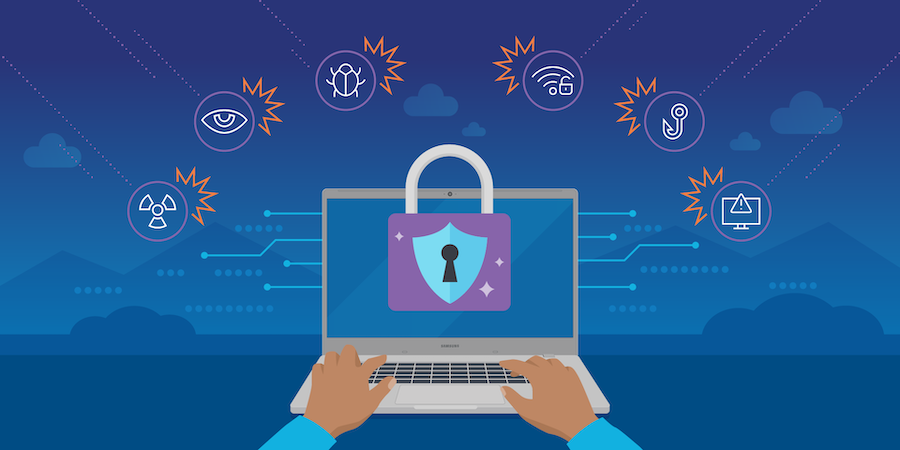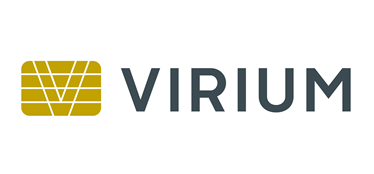Keeping Secure in Remote & Hybrid Work
Enhancing Security Measures for Remote and Hybrid Work Environments

With the switch from on site office work to remote and hybrid work, it has brought significant flexibility and productivity benefits to organisations however, it has also introduced a range of security challenges. Employees now access corporate networks from various locations and devices. To mitigate these risks, organisations are having to adopt comprehensive security strategies tailored to the unique demands of remote and hybrid work.
In this blog we will cover:
- Implementing strong access controls
- Securing endpoints and devices
- Network security
- Regular training and policy management for employees
Implementing Strong Access Controls
One of the most fundamental steps in securing a remote workforce is ensuring that only authorised users can access company systems and data.
Key measures for strong access control include:
- Multi-Factor Authentication (MFA): Requires users to verify their identity using multiple authentication methods, such as passwords and one-time codes.
- Role-Based Access Control (RBAC): Ensures employees can only access data relevant to their job responsibilities.
- Single Sign-On (SSO): Simplifies secure login processes while maintaining robust authentication protocols.
- Regular Access Audits: Periodic reviews help identify and remove unnecessary or outdated permissions.
Securing Endpoints and Devices
Since remote employees often use personal or company-issued devices outside of the organisation's secure network, endpoint security becomes a top priority. Companies should enforce security policies requiring devices to have up-to-date antivirus software, firewalls, and encryption. Endpoint Detection and Response (EDR) solutions can help monitor devices for suspicious activity, allowing IT teams to quickly identify and respond to threats.
Enhancing Network Security
A secure connection is essential for remote employees accessing organisations sensitive data. Virtual Private Networks (VPNs) provide encrypted communication between remote workers and company servers, reducing the risk of data interception. As well as a VPN, organisations may consider adopting Zero Trust Network Access (ZTNA) solutions, which verify every access request dynamically based on user identity, device security posture, and location. Employees should be encouraged to avoid using public Wi-Fi networks, which are often unsecured. If connecting to public networks is unavoidable, employees should use VPNs and disable file-sharing features on their devices.
Regular Security Awareness Training
Human error remains one of the leading causes of security breaches. Regular training sessions on cybersecurity best practices can help employees spot phishing attempts, avoid malware infections, and follow secure file-sharing practices. Organisations should simulate phishing attacks to assess employees' awareness and reinforce training where necessary.
Additionally, remote employees should be educated on creating strong, unique passwords and using password managers to store them securely. Teaching them how to identify and report suspicious activity can significantly reduce the risk of cyber threats.
Enforcing Data Protection and Compliance
With employees accessing and storing company data remotely, companies must establish clear data protection policies. All sensitive data should be encrypted to prevent unauthorized access. Companies should implement cloud security measures, such as data loss prevention (DLP) solutions, to monitor and restrict unauthorized data transfers.
To ensure compliance with industry regulations like GDPR, HIPAA, or ISO 27001, businesses should regularly audit their security policies and conduct risk assessments. Having clear policies in place for handling, sharing, and storing sensitive information ensures that employees follow best practices.





